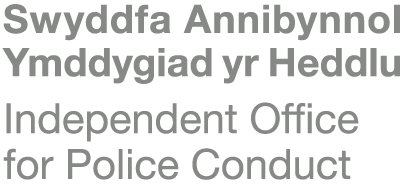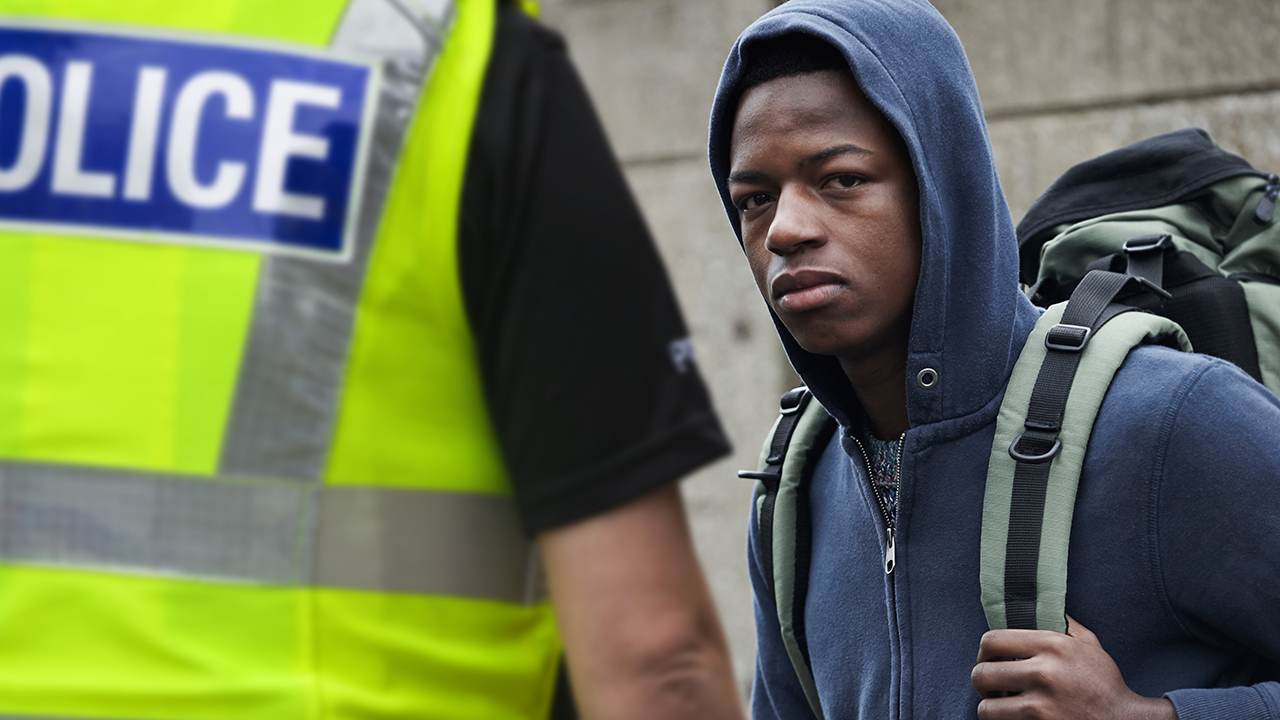Super-complaints

The super-complaints system allows designated bodies (such as charities) to raise widespread issues that could affect public confidence in policing – for example, the handling of domestic abuse cases.
The system is administered by His Majesty’s Inspectorate of Constabulary and Fire & Rescue services (HMICFRS). A super-complaint is assessed by a committee including ourselves and HMICFRS.
Super-complaints are not an alternative way to raise an individual conduct matter. Rather, super-complaints could prompt action in a particular area of policing that could lead to a change of standards by the College of Policing, an inspection by HMICFRS, or a recommendation to change a practice at one or more forces.
Complaints about individual cases of misconduct should be submitted to the police force in the usual way.
To be able to make a super-complaint, an organisation must apply to the Home Office to become a designated body. Members of the public cannot submit a super-complaint. Find out more about how to become a designated body.
A triage committee comprising of ourselves, HMICFRS, and the College of Policing is responsible for assessing a super complaint and deciding what action, if any, will be taken in response.
His Majesty’s Inspectorate of Constabulary and Fire & Rescue Services (HMICFRS), the College of Policing and the IOPC (the decision-making authorities) are jointly responsible for responding to police super-complaints.
Their responsibilities as decision making authorities for police super-complaints are set out in the Police Super complaints (Designation and Procedure) Regulations 2018 (the regulations).
This memorandum of understanding sets out how HMICFRS, the College of Policing and the IOPC will work together to respond to police super-complaints, to support our joint aim of promoting improvements in policing.





